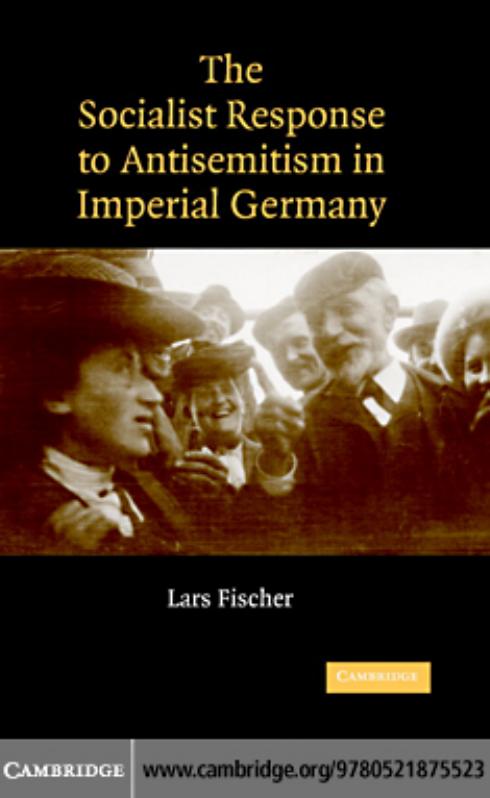

Most ebook files are in PDF format, so you can easily read them using various software such as Foxit Reader or directly on the Google Chrome browser.
Some ebook files are released by publishers in other formats such as .awz, .mobi, .epub, .fb2, etc. You may need to install specific software to read these formats on mobile/PC, such as Calibre.
Please read the tutorial at this link: https://ebookbell.com/faq
We offer FREE conversion to the popular formats you request; however, this may take some time. Therefore, right after payment, please email us, and we will try to provide the service as quickly as possible.
For some exceptional file formats or broken links (if any), please refrain from opening any disputes. Instead, email us first, and we will try to assist within a maximum of 6 hours.
EbookBell Team

4.3
78 reviewsWhat set antisemites apart from anti-antisemites in Imperial Germany was not so much what they thought about 'the Jews', but what they thought should be done about them. Like most anti-antisemites, German Social Democrats felt that the antisemites had a point but took matters too far. In fact, Socialist anti-antisemitism often did not hinge on the antisemites' anti-Jewish orientation at all. Even when it did, the Socialists' arguments generally did more to consolidate than subvert generally accepted notions regarding 'the Jews'. By focusing on a broader set of perceptions accepted by both antisemites and anti-antisemites and drawing a variety of new sources into the debate, this study offers a startling reinterpretation of seemingly well-rehearsed issues, including the influence of Karl Marx's Zur Judenfrage, and the positions of various leading Social Democrats (Franz Mehring, Eduard Bernstein, August Bebel, Wilhelm Liebknecht, Karl Kautsky, Rosa Luxemburg) and their peers.